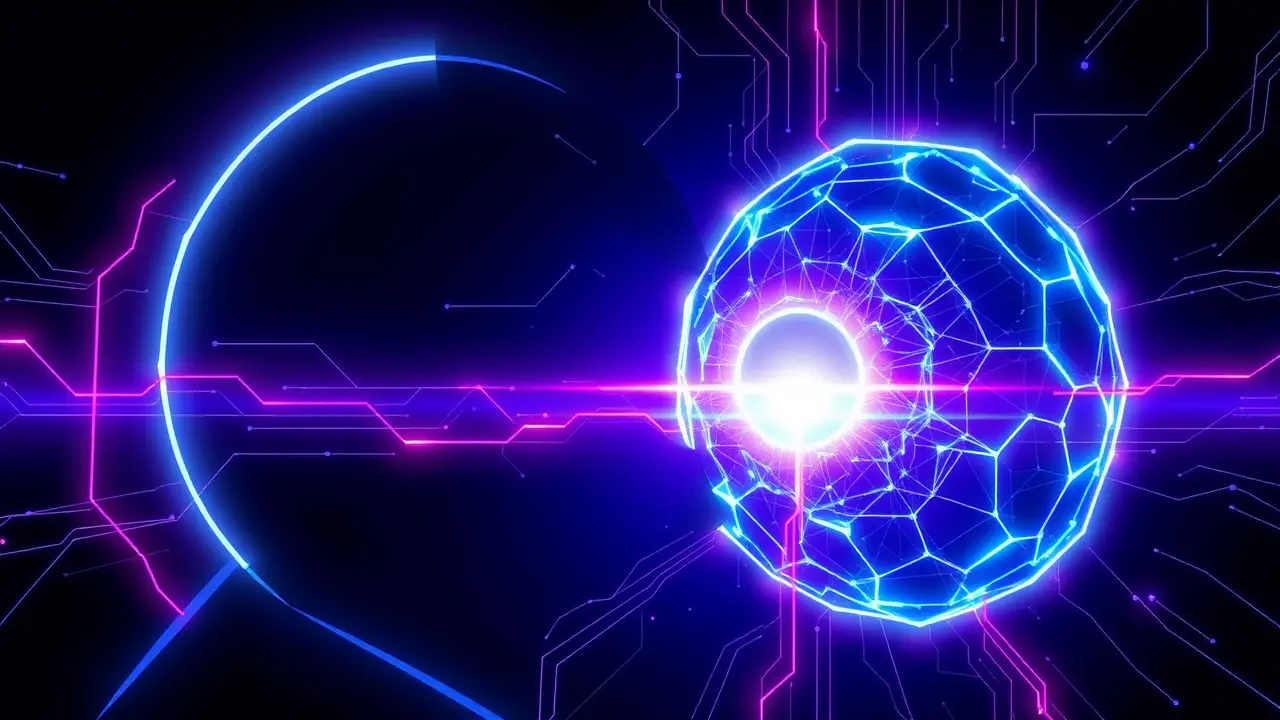
AIai safety & ethicsLong-Term Risks and AGI
The Man Who Invented AGI
DA
Daniel Reed
2 days ago7 min read
The concept of Artificial General Intelligence, or AGI, has become the defining obsession of our technological era, a term that conjures both utopian dreams and dystopian nightmares, but few know that its very nomenclature was born from a place of profound caution. The man who coined the term, Ben Goertzel, a cognitive scientist and CEO of SingularityNET, didn't do so as a triumphant declaration of imminent creation but rather as a stark warning, a label for a technological frontier he viewed with deep-seated trepidation.While today's tech titans and venture capitalists pour billions into the race for AGI—the hypothetical moment when machine intelligence matches and then surpasses the full spectrum of human cognitive abilities—the original vision was far less commercial and far more philosophical, rooted in the complex interplay of consciousness, ethics, and existential risk. Goertzel, a veteran in the AI field long before the current large language model boom, foresaw a path littered with not just technical hurdles, like the monumental challenge of moving from narrow, task-specific AI to a fluid, general-purpose mind, but also with societal and ethical landmines.He grappled with the alignment problem—the near-impossible task of ensuring a superintelligent AI's goals remain permanently aligned with human values—and the potential for catastrophic misuse long before these concerns entered the mainstream lexicon. This stands in stark contrast to the current narrative, where the discourse is dominated by corporate labs like OpenAI and Google DeepMind, who often frame AGI as an inevitable and ultimately manageable milestone.The intellectual history here is critical; the foundational ideas were debated in academic circles and science fiction for decades, from Alan Turing's seminal 1950 paper posing the question 'Can machines think?' to philosopher Nick Bostrom's deeply influential book 'Superintelligence,' which systematically outlined the existential perils. Goertzel’s early apprehension forces us to confront a crucial dichotomy: are we building a tool for unparalleled human flourishing, or are we, as some experts like AI researcher Roman Yampolskiy argue, constructing an entity that could ultimately prove impossible to control, leading to what he terms an 'uncontrollable AI'? The technical pathway itself is a subject of fierce debate; while some, like Ray Kurzweil, predict a 'singularity' around 2045 through exponential growth, others point to the fundamental limitations of current deep learning architectures, which excel at pattern recognition but lack true understanding, common sense, or a model of the physical world.The economic and geopolitical consequences are equally staggering to contemplate; the first entity to achieve AGI would likely trigger a seismic shift in global power dynamics, rendering entire industries obsolete overnight and potentially initiating a new kind of arms race, as nations like the United States and China pour state-level resources into achieving a decisive strategic advantage. The very definition of work, creativity, and even human purpose would be up for renegotiation, a prospect that economists like Daron Acemoglu warn could lead to unprecedented inequality if not managed with foresight and robust policy.Furthermore, the philosophical implications cut to the core of human identity—what does it mean to be intelligent, conscious, or sentient? Could an AGI possess qualia, the subjective experience of feeling? These are not mere technical questions but profound inquiries that ethicists and cognitive scientists are only beginning to untangle. The original fear embedded in the term's genesis serves as a vital counterweight to the unbridled optimism of the present, a reminder that in our headlong rush to create a new form of mind, we must first answer the most difficult question of all: what kind of future do we actually want to build, and are we wise enough to build it safely? The story of AGI is not just one of algorithms and compute; it is a deeply human story of ambition, fear, and the eternal struggle to understand the consequences of our own creations.
#featured
#artificial general intelligence
#AGI
#AI threat
#human cognition
#AI ethics
#AI safety
#editorial picks news
Stay Informed. Act Smarter.
Get weekly highlights, major headlines, and expert insights — then put your knowledge to work in our live prediction markets.
Comments
It’s quiet here...Start the conversation by leaving the first comment.
© 2025 Outpoll Service LTD. All rights reserved.